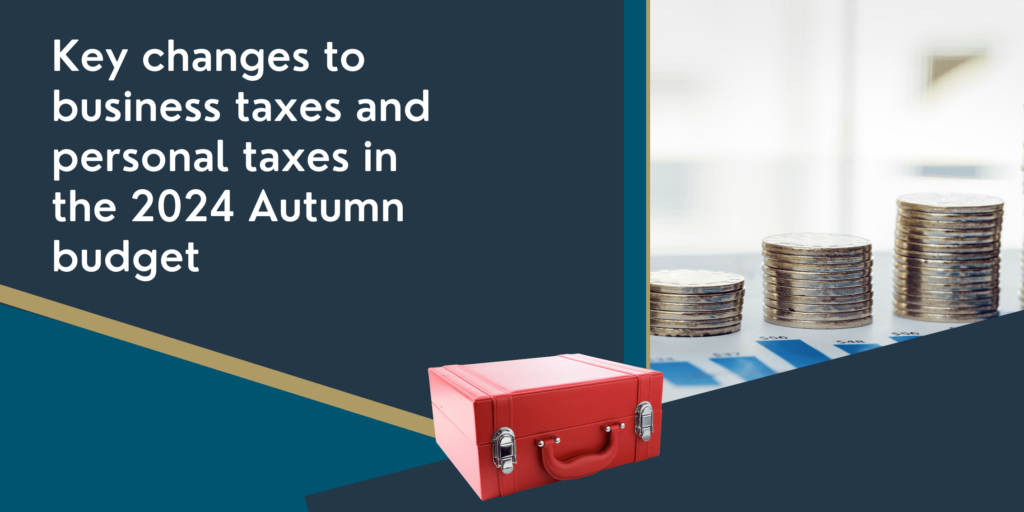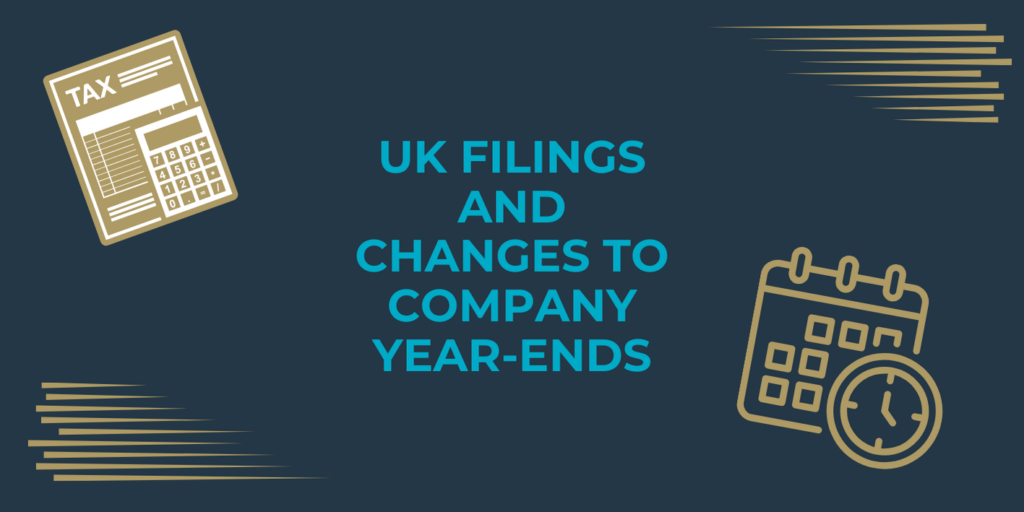Autumn Statement 2015 – The Key Points
Chancellor George Osborne pledged to ‘rebuild Britain’ as he delivered his Autumn Statement to the House of Commons on 25 November, with some of the main announcements as follows:
Stamp Duty Land Tax
From April 2016, purchases of buy-to-let properties and second homes above £40,000, will attract an additional 3% stamp duty land tax. Companies making “significant investments in residential property” are likely to be exempted from the additional charge, thought to be a minimum of 16 residential properties, but this is yet to be confirmed. It is also proposed that the payment date for SDLT is reduced to 14 days from the current 30 days from 2017/18.
Capital Gains Tax
From April 2019 payments on account of any capital gains tax due on the disposal of residential property will be due within 30 days of completion. Gains covered by PPR will not be affected. This will bring the rules for UK residents disposing of residential property in line with recently introduced rules for non-residents.

Inheritance Tax
Legislation will be introduced in the 2016 Finance Bill to ensure a charge to Inheritance Tax will not arise when a pension scheme member designates funds for drawdown but does not draw all of the funds before death. The government has confirmed that no restrictions will be introduced on how deeds of variation are used, but they will continue to monitor their usage.
Company car benefits
Currently the appropriate percentage used to determine the amount of tax due on an employee’s use of a company car is three percentage points higher if the car in question runs on diesel. That 3% supplement was due to be abolished for 2016/17 onwards, but the Chancellor announced today that the supplement will remain in place until April 2021.
Employment intermediaries
From 6 April 2016, tax relief for business travel and subsistence expenses of workers engaged through employment intermediaries is to be restricted so that the rules are in line with those which apply to employees. This restriction will only apply to workers providing services through personal service companies where the intermediaries legislation (also known as IR35) applies.
Digital tax accounts
As announced Budget 2015, the digital tax account is to be introduced to replace the tax return and will be pre-populated with information which HMRC already holds in respect of the taxpayer. The first taxpayers are expected to have access to the accounts in 2016. It is proposed that “most businesses, self-employed people and landlords” will be required to update the digital tax account on a quarterly basis but it is unclear whether quarterly tax payments will be mandated.
For more details on the recent announcements, please see our full summary report: Autumn Statement







